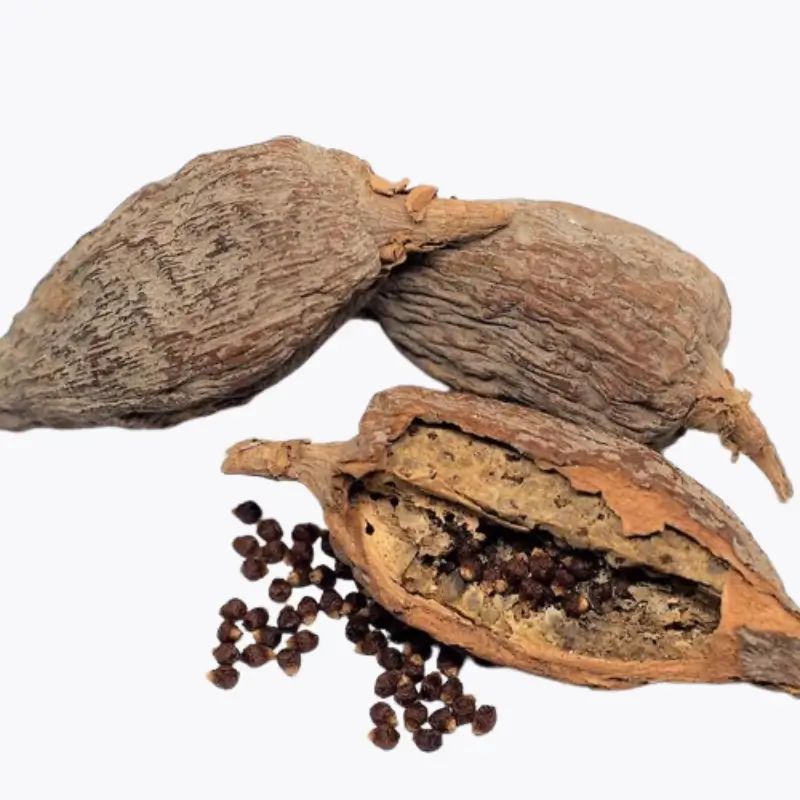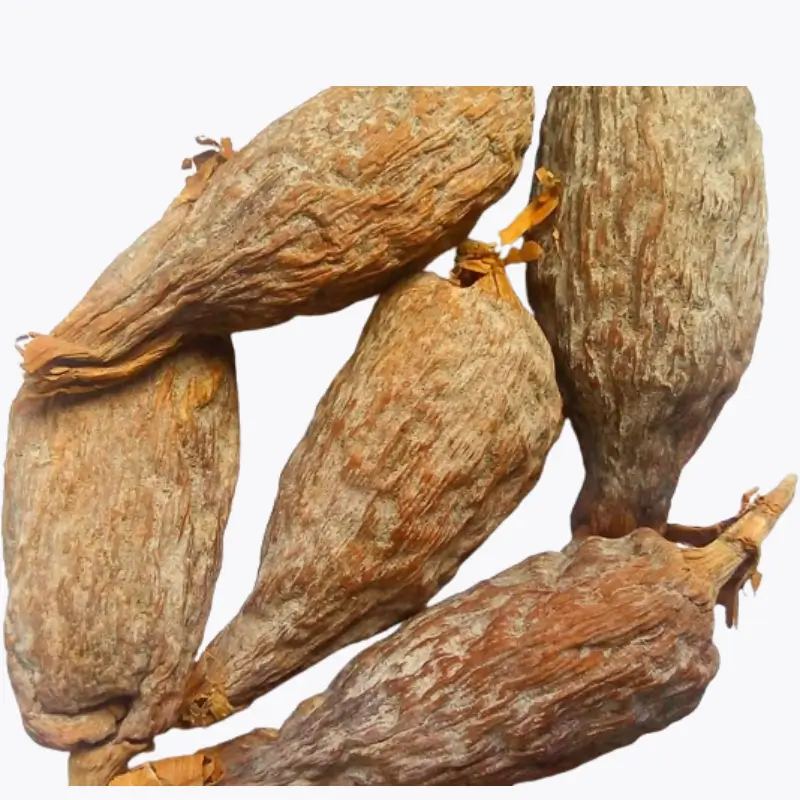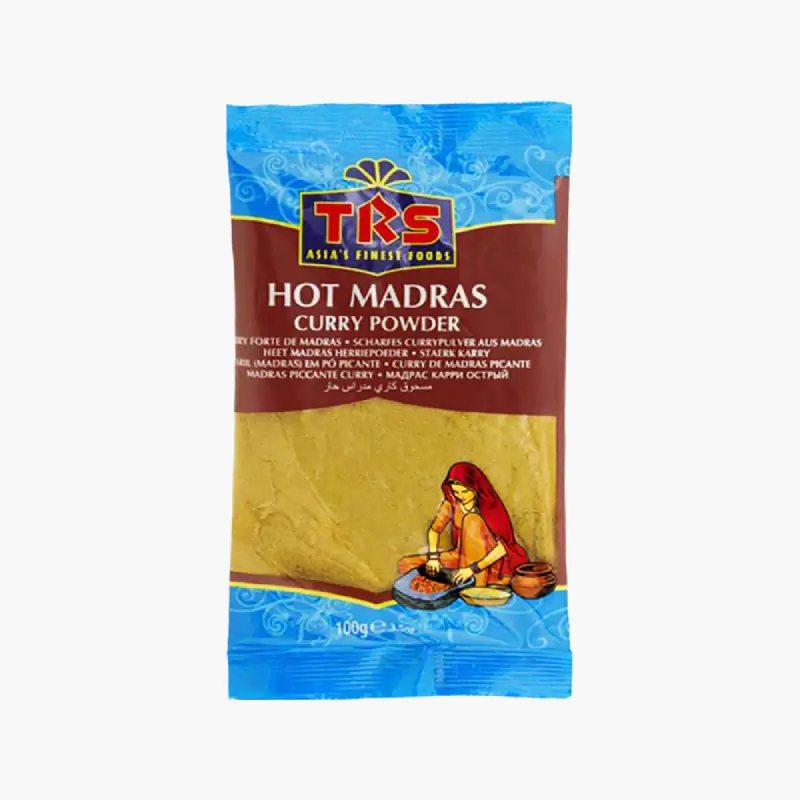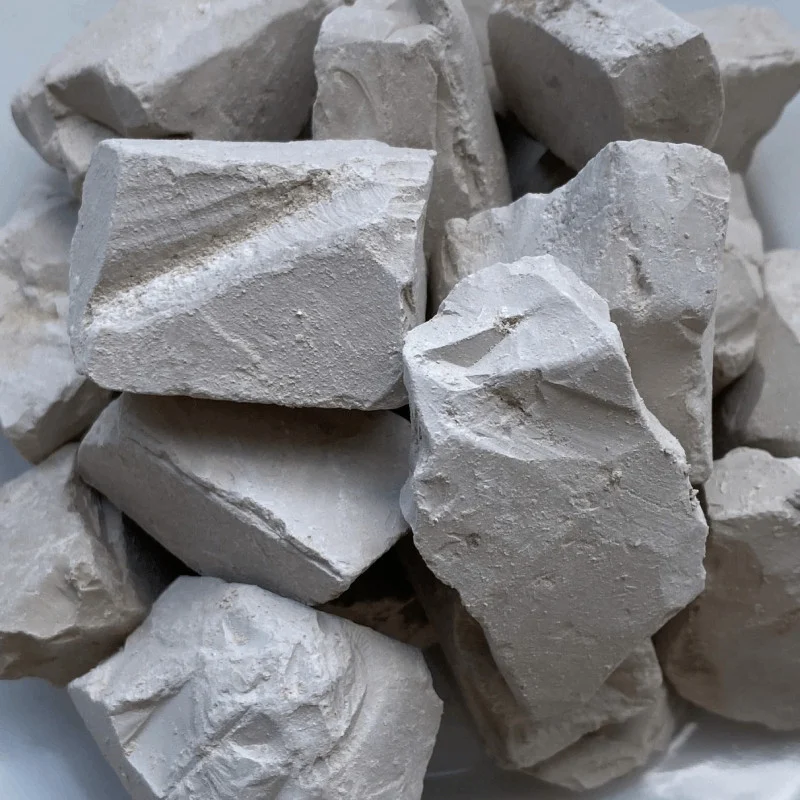What is Alligator Pepper?
The botanical characteristics of alligator pepper are quite unique. The plant typically grows in tropical climates, thriving in the humid, forested regions of West Africa. The spice is notable for its peppery, slightly citrusy flavor, which adds a distinctive zest to a variety of dishes. Historically, alligator pepper has been an integral part of African cuisine, used to season soups, stews, and meat dishes. It is also a key ingredient in traditional African beverages.
Beyond its culinary applications, alligator pepper holds significant cultural importance. In many West African communities, the spice is used in traditional rituals and ceremonies. It is often presented as a gift during important events such as weddings, births, and funerals, symbolizing hospitality and respect. The spice is also believed to have medicinal properties and is used in various traditional remedies.
Alligator pepper is known by different names across various languages and regions within Africa. In Nigeria, it is commonly referred to as “atare” in Yoruba and “osè ọ́jị̀” in Igbo. In Ghana, it is called “aframomum” or “grains of paradise.” Despite its diverse nomenclature, the spice’s distinct flavor and cultural significance remain universally recognized throughout the continent.
Health Benefits and Culinary Uses of Alligator Pepper
Alligator pepper, an often-overlooked spice, boasts a remarkable nutritional profile, rich in antioxidants, vitamins, and minerals. This unique spice is not only a culinary delight but also a powerhouse of health benefits. Its antioxidant properties play a crucial role in neutralizing harmful free radicals, potentially reducing the risk of chronic diseases. Vitamins such as vitamin A, C, and E are abundant in alligator pepper, contributing to its impressive health benefits, including enhanced immune function and skin health.
In addition to its nutritional value, alligator pepper exhibits several medicinal properties. It is well-regarded for its anti-inflammatory effects, which can help alleviate conditions such as arthritis and other inflammatory disorders. The antimicrobial properties of alligator pepper make it effective in combating bacterial and fungal infections, promoting overall wellness. Furthermore, this spice is known to aid in digestion, providing relief from gastrointestinal issues and enhancing nutrient absorption.
Incorporating alligator pepper into everyday cooking is both simple and rewarding. Traditional African dishes often feature this spice for its distinctive flavor. For example, it is a key ingredient in soups and stews, adding depth and a hint of heat. Modern culinary creations also benefit from the unique taste of alligator pepper. It can be used as a seasoning for meats, fish, and vegetables, or even sprinkled over salads for an exotic twist.
For those looking to experiment, a popular recipe is the alligator pepper-infused jollof rice, where the spice is blended with tomatoes, onions, and bell peppers to create a vibrant and flavorful dish. Additionally, ground alligator pepper can be added to marinades and sauces, enhancing their taste profile.
Sourcing quality alligator pepper is essential for maximizing its benefits. It is often available at specialty spice shops and online retailers. To maintain its freshness and potency, store alligator pepper in an airtight container in a cool, dark place. This ensures that the spice retains its flavor and nutritional properties for longer periods.









Reviews
There are no reviews yet.